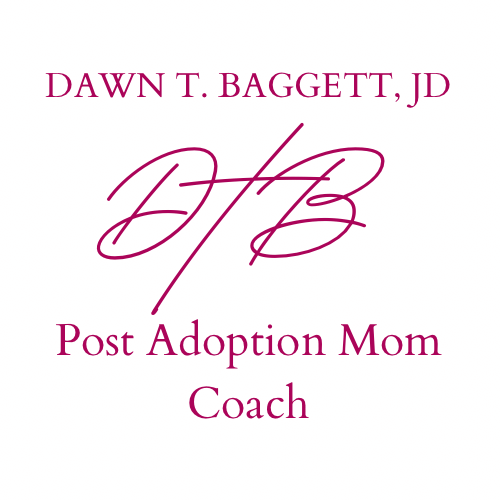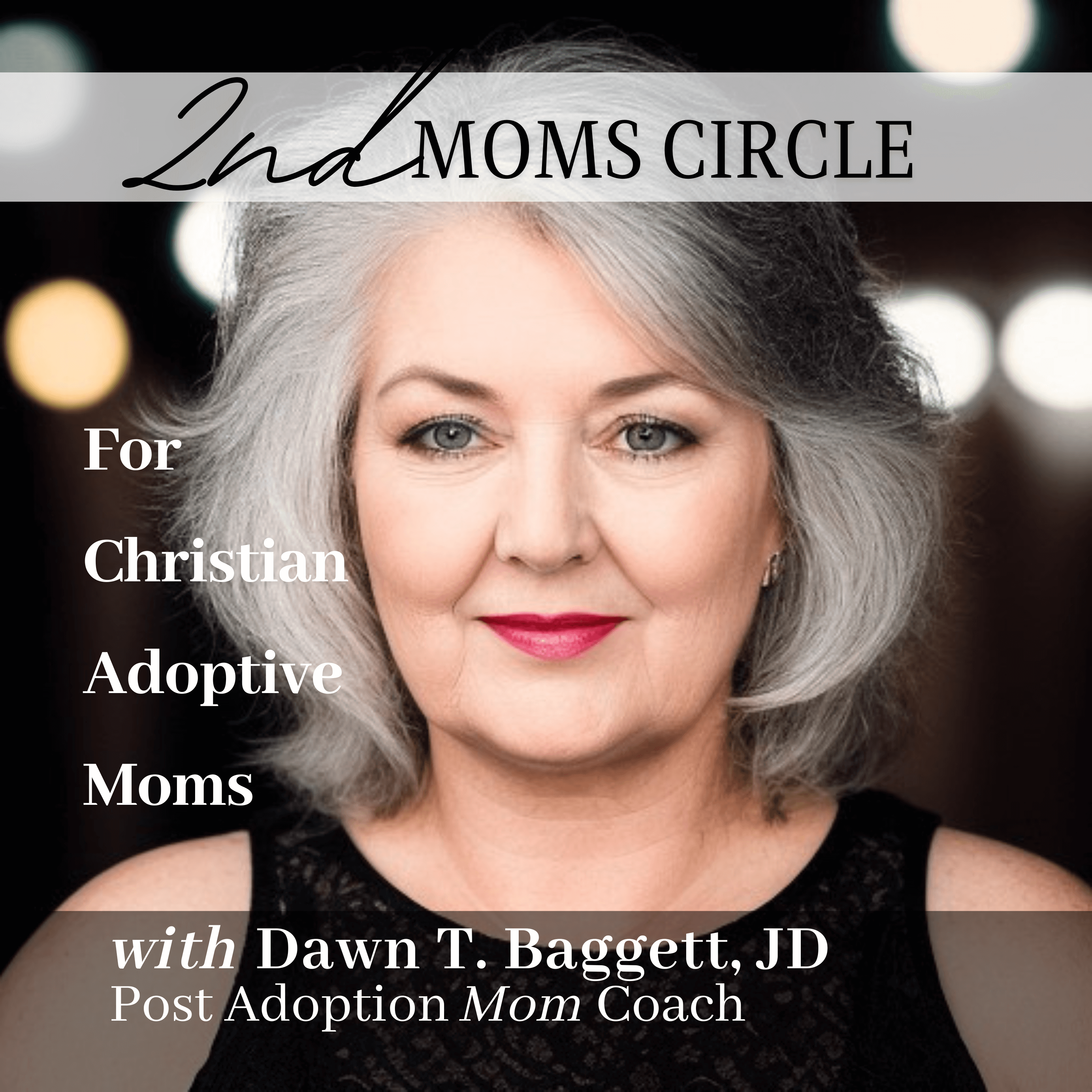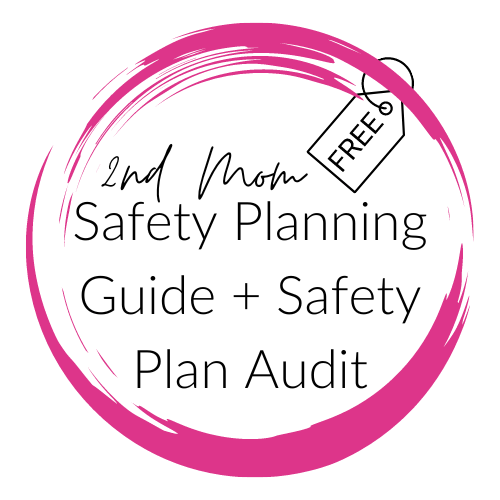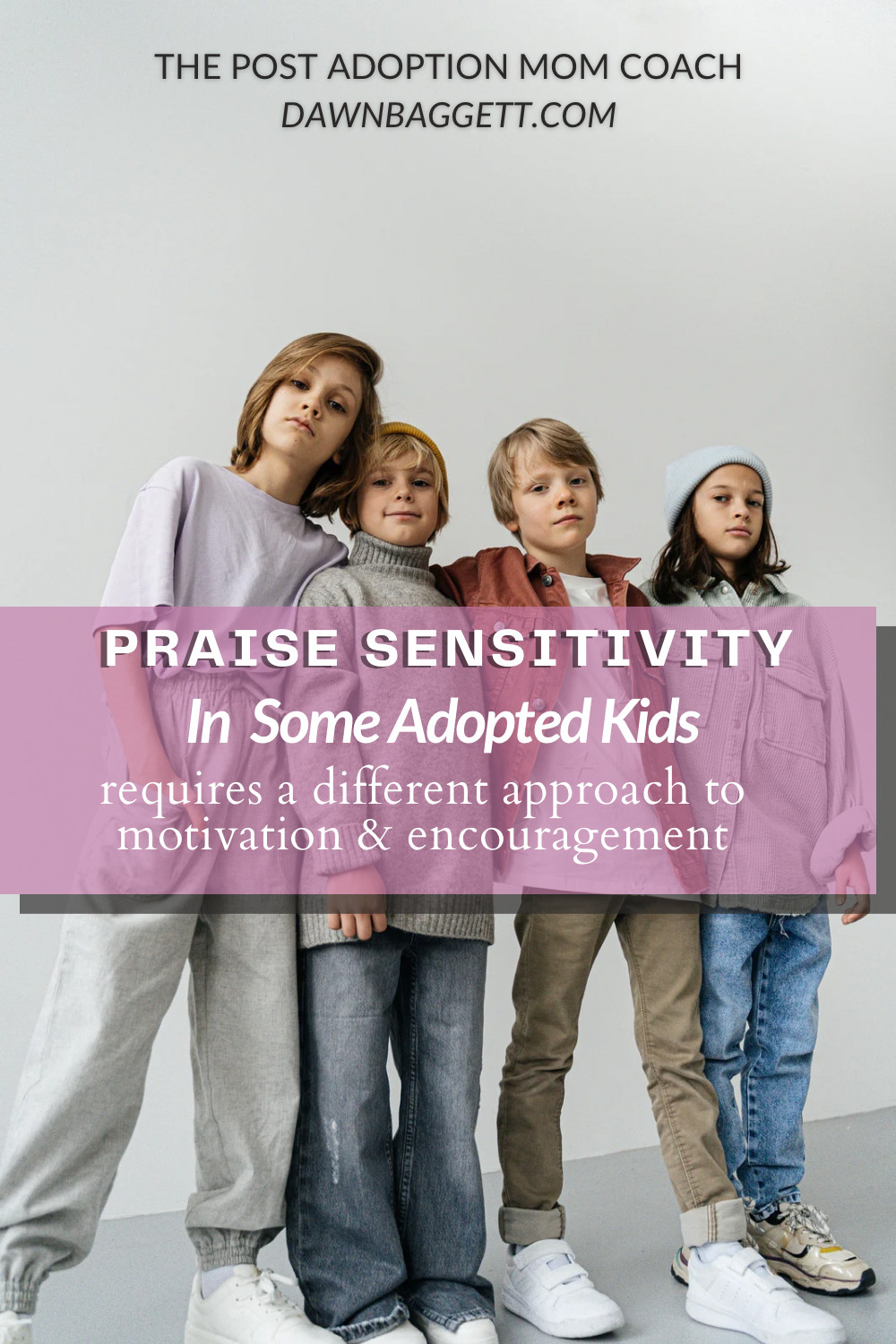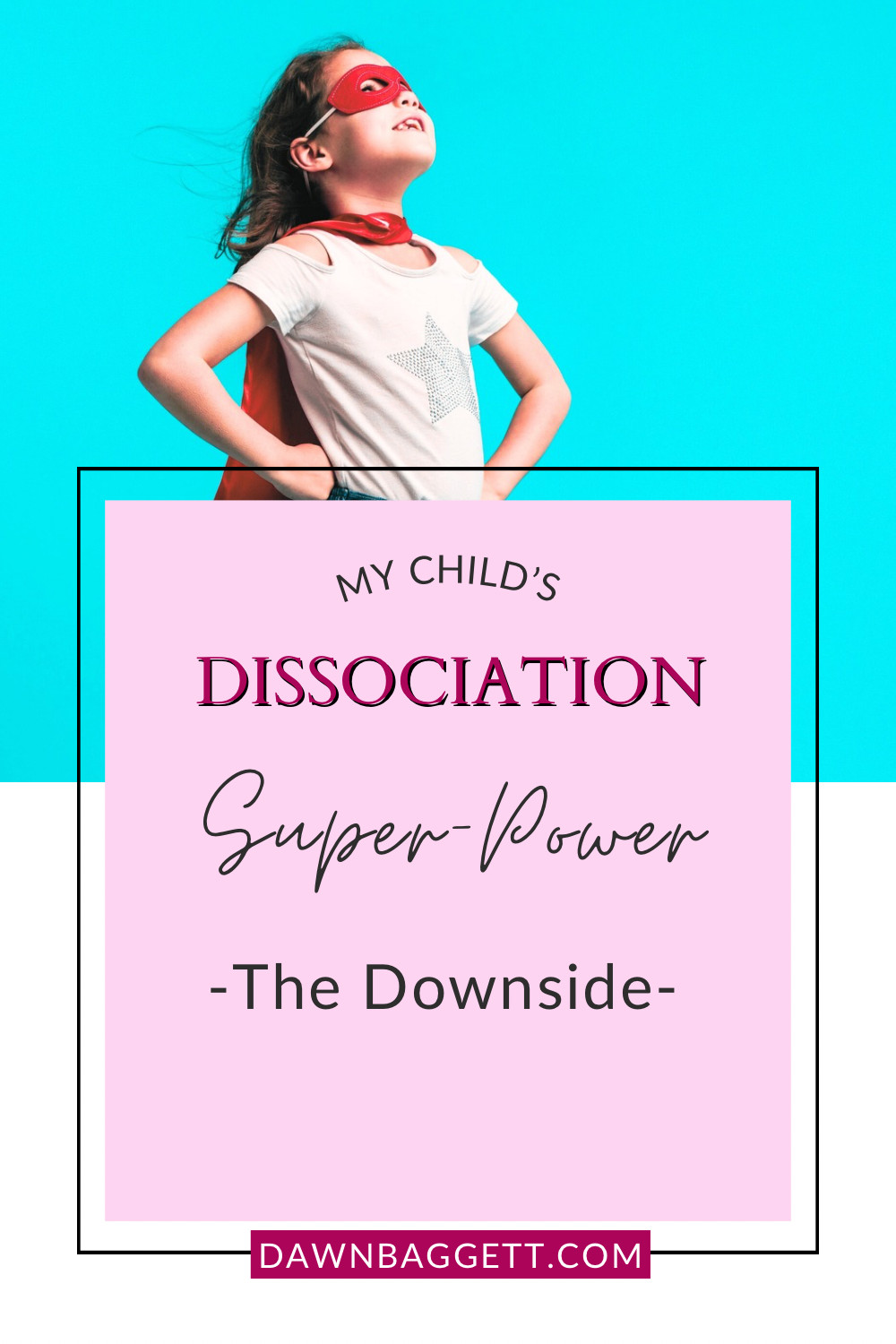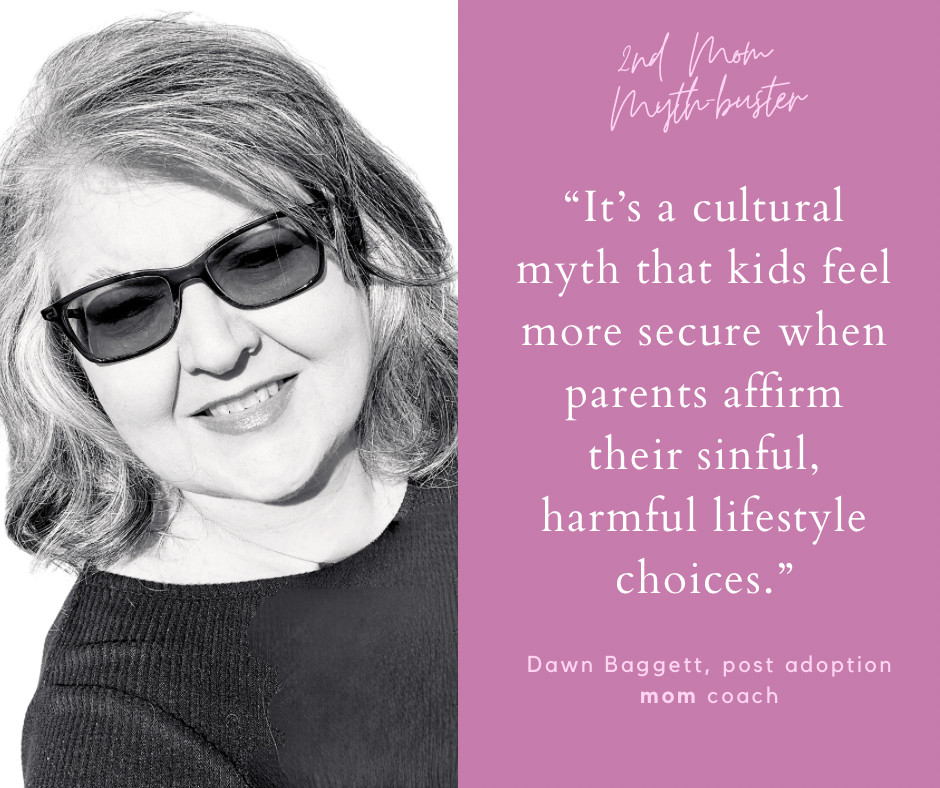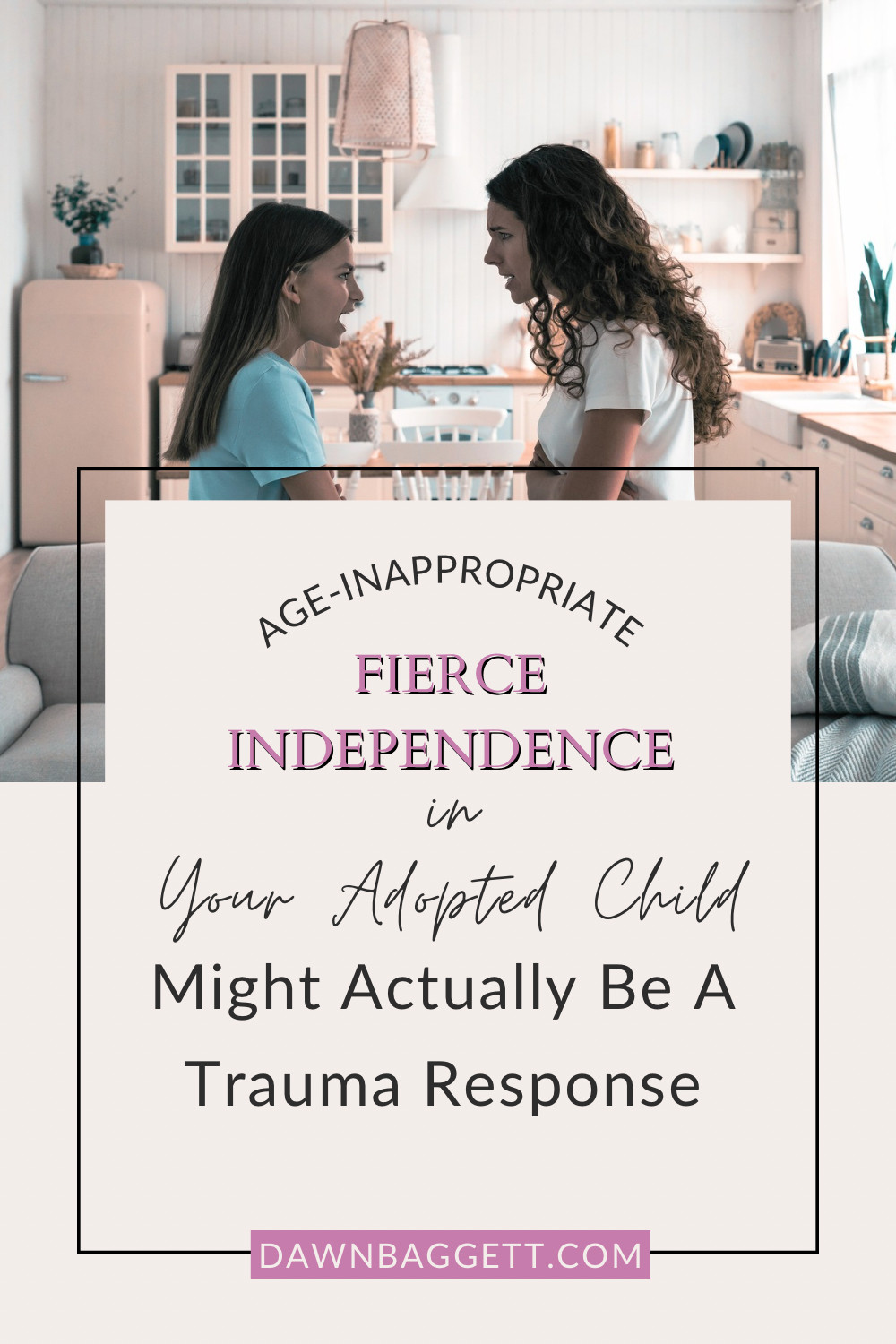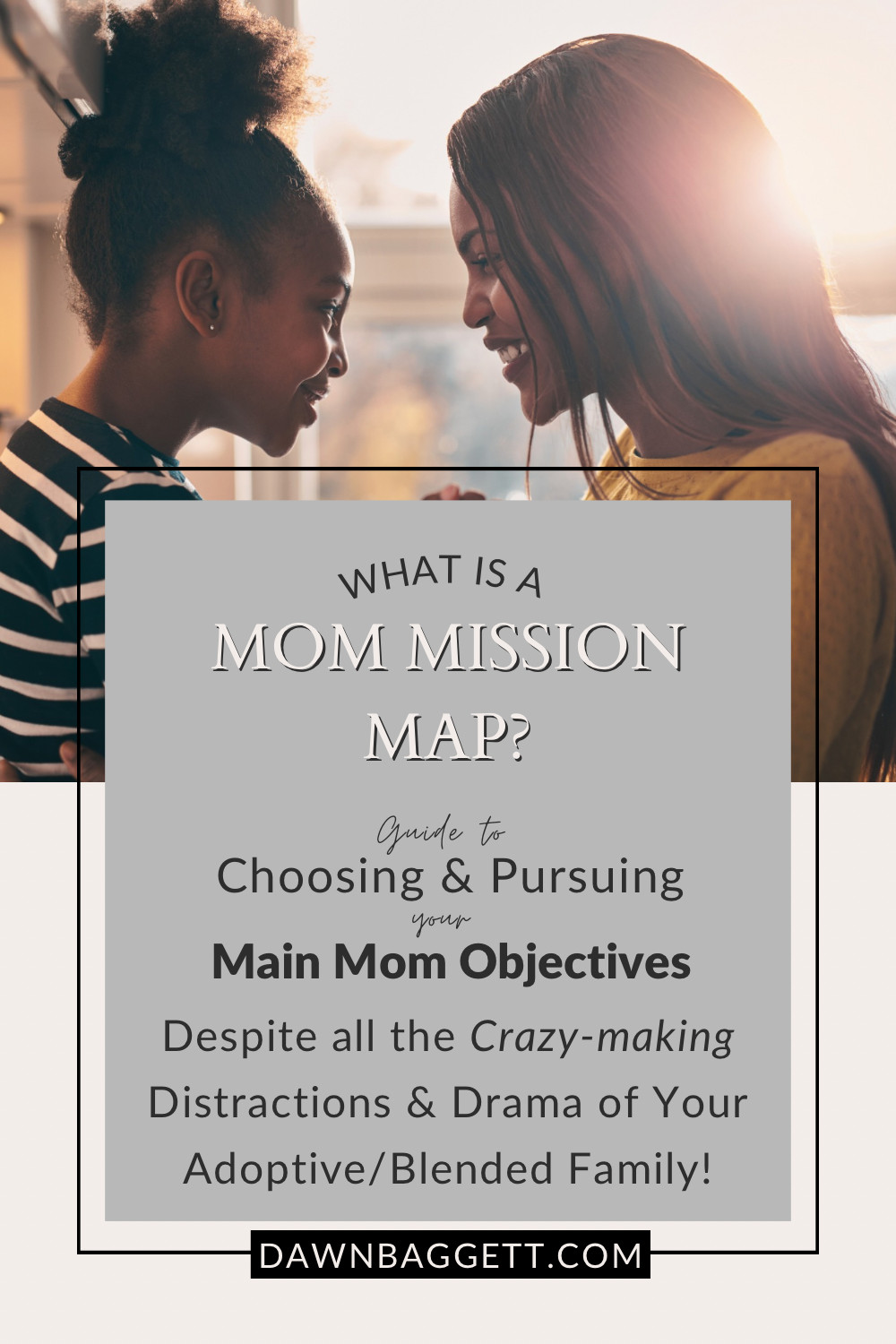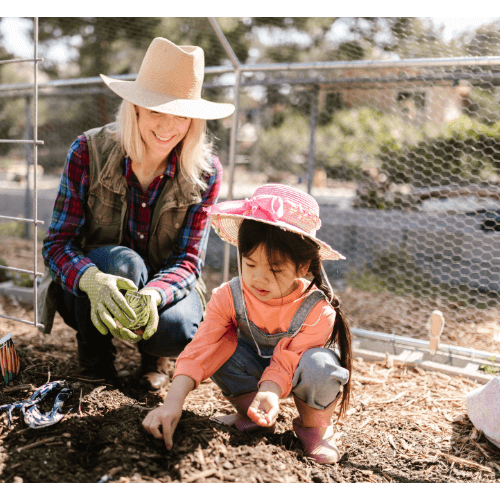
Despite growing up a farm girl. I’m not much of a gardener.
I’ve done enough to admire the work and commitment of those who are.
Ever planted a flower bed or vegetable garden with a very young child?
You likely didn’t require them to do all of the work themselves. You probably did some prep work to acquire the seeds and get the soil ready. And I imagine you let them do the most fun and most pivotal part — planting the seeds.
Doing the fun part helps motivate us to do the harder parts. As moms we have big jobs in the lives of our children and I know that as a Christian woman you are committed to do this important God-given job to the fullest (or else you feel demoralized and defeated).

Welcome to Tuesday's Trauma Tips here on the 2nd Moms Circle podcast for Christian Adoptive Moms. I'm Dawn Baggett, your host. Let's get started.
Today, I'm sharing a Tuesday Trauma Tip. Our Trauma Tips on Tuesdays are going to be shorter episodes. That's the plan in between our regular episodes that come out later in the week.
So for today's Tuesday Trauma Tip, let's just dive in. Attachment begins before birth. Assaults from drugs, alcohol, nutritional deficits, physical trauma, and emotional trauma, all kinds of these things can and do affect the preborn child.
brain growth before & after age three
80 to 85% of the brain is developed by age three. So in many cases, your adopted child or children did not even come into your world until after this age. Now, after the time of rapid development, the brain still retains some plasticity.
Plasticity meaning that it can still be changed, and it can still grow new pathways. And progress or change can still be made. A child's upper brain actually continues to develop, albeit at a slower pace, throughout childhood.
This brain region, the upper brain, controls reason, impulse control, empathy, memory, and decision making. So you can understand why these areas from
this upper brain region are so important in just the development and the functionality of your child for their life, for their entire life. While this can be frustrating for us as parents, this knowledge that I just went over, it can also be encouraging to know that there is still room for progress.
How does knowing this information help you to meet your child where they are now, while also simultaneously holding space for growth in these important areas?
Message me or hop over into the Facebook group, and let's continue this discussion over there. Thanks for listening, and I hope this gave you something to think on and reflect on in today's Tuesday Trauma Tip.
And as always,
KEEP LEARNING - KEEP GROWING - KEEP LOVING
💜🩷♥️
Dawn
______________________________________________________

Post Adoption (Mom) Coach
“STANDING IN THE GAP FOR 2ND MOMS”
Dawn Baggett is a podcaster and thought leader in Christian post adoption. As a Certified LifeMapping(R) Coach, Dawn helps Christian adoptive moms navigate the challenges of their non-traditional families with their own brand of success!
DISCLAIMER: I’m a coach, not a doctor nor a therapist. As a coach I do not offer mental or medical health diagnosis, treatment or cures. Furthermore, I am no longer a practicing attorney and do not offer individual legal advice. For individual advice related to your own personal situation I recommend you seek out an appropriate professional. Coaching may fill a spot in your overall support network.
—
Copyright © 2024 Dawn T. Baggett, JD & Legacy Living, LLC - All rights reserved
—
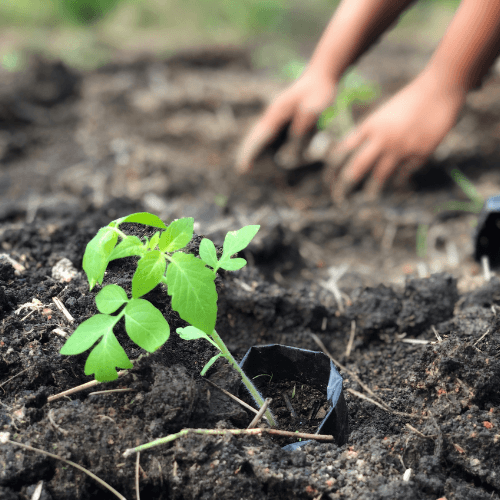
In this introductory episode of my new series about what I’m describing as “planting seeds” in our adoptive families, I want to go over some of the obstacles you may face as an adoptive mom: obstacles to planting the good seeds, seeds of love, seeds of learning, and seeds of growth. You’ve probably seen and heard me say over and over again to keep learning, keep growing, and keep loving” and that’s as much an encouragement I want to give to you as it is a reminder and encouragement to myself. I wanted to dedicate this series of episodes to these three topics.
So as we get into this series, I decided to first talk about the seven obstacles to planting good seeds in this introductory episode.
Read more...